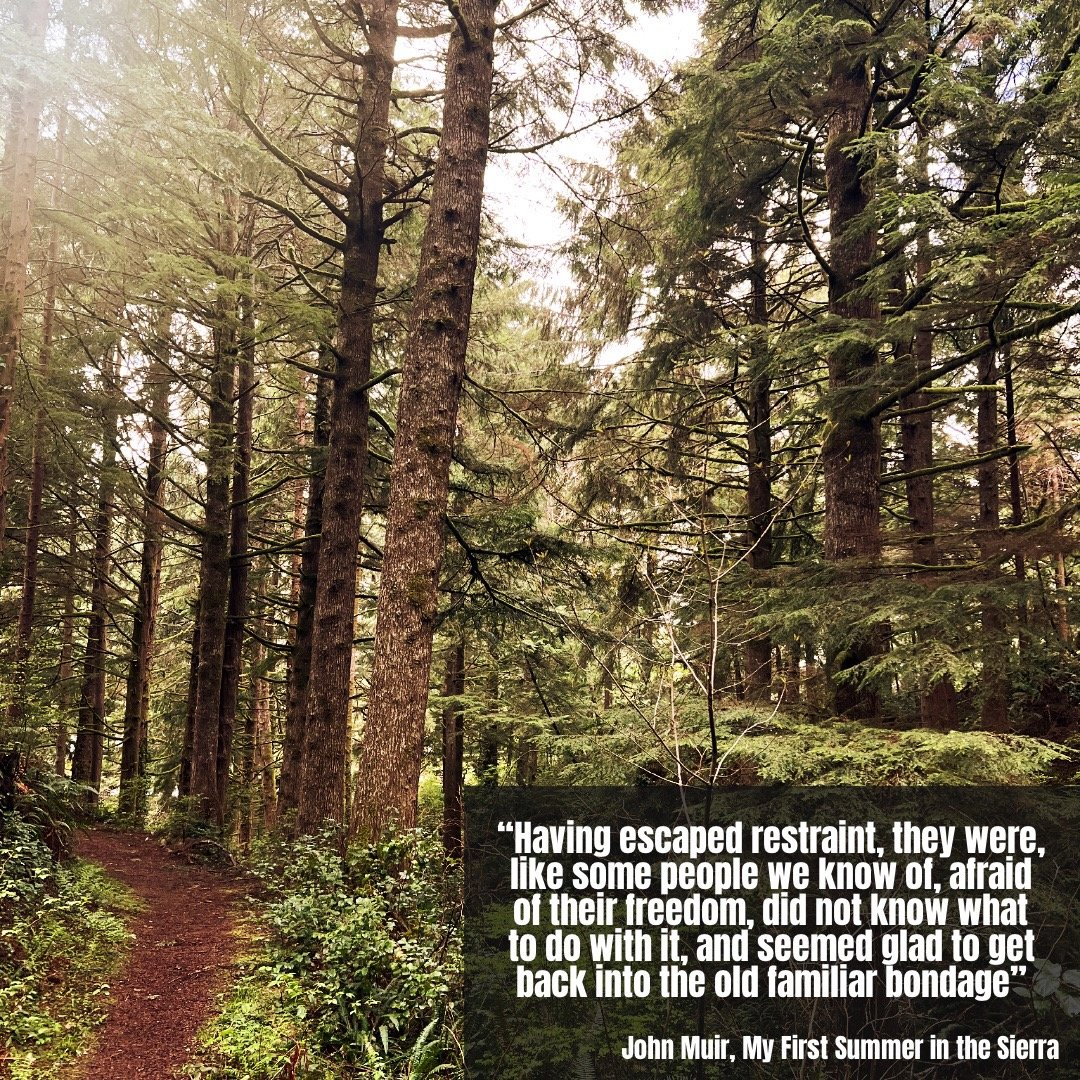
theMangoTimes Blog

Pulling the Plug
After my Montana ride, I realized Instagram was serving me a steady diet of bozos, assholes, and boobs—so I pulled the plug and life feels lighter.





After my Montana ride, I realized Instagram was serving me a steady diet of bozos, assholes, and boobs—so I pulled the plug and life feels lighter.


